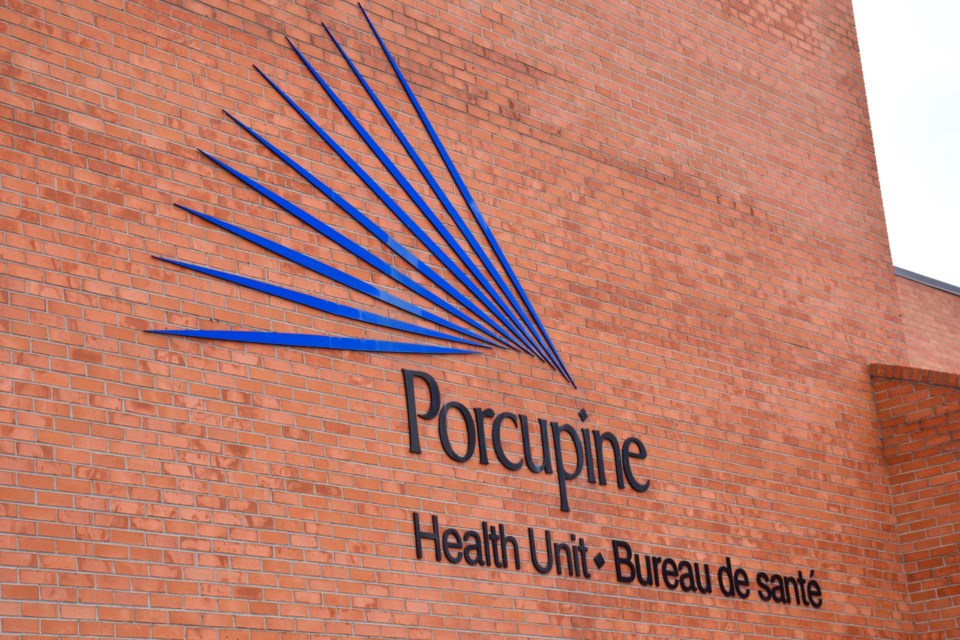The region's top doctor is urging caution after two Timmins COVID-19 cases screened positive as possible variants of concern.
The Porcupine Health Unit reported tonight that two tests in Timmins are possible variants. It brings the total number of confirmed cases in the region that have screened positive for the variant to three.
"Further testing will be completed by Public Health Ontario laboratories to confirm the screen and identify the variant or mutation. However, it is expected that the additional testing will confirm the presence of a variant of concern," reads the news release.
One person's exposure to the virus was an outbreak in another region where "many cases have screened positive for a variant of concern". The second person is close contact of the first case. Both people are in isolation.
“It is important that everyone follow the public health measures diligently and limit our contacts with others who we do not live in the same household,” said Dr. Lianne Catton, medical officer of health, in a news release.
The first possible variant screen in the health unit region was reported last week at Extendicare Kapuskasing. The health unit is still waiting for the genome testing on that case.
Three variants have been identified in the province — the United Kingdom (B.1.1.7) strain, the South African (B.1.251), and Brazilian.
The variants spread more easily between people.
"We cannot let our guard down – the presence of these variants is a concern across the province, and we all have a responsibility to protect our most vulnerable community members," said Catton.
As of Feb. 3, the province started screening all positive COVID-19 cases for possible variants.
The last confirmed cases in Timmins were reported Tuesday, Feb. 9.
In the Porcupine Health Unit area, there have been 302 confirmed cases of the virus. Of those, 251 are recovered and 24 people have died. There are 27 known active cases.
Because the new variants are more contagious, the health unit is suggesting people:
- Drastically reduce your contacts
- Screen regularly for symptoms
- Stay home and isolate if you have any symptoms and contact your local COVID-19 Assessment Centre
- Wash your hands often with soap and water or alcohol-based hand sanitizer
- Sneeze and cough into your sleeve
- Avoid touching your eyes, nose or mouth
- Maintain physical distance
- Wear a mask in indoor public spaces
- Wear a mask indoors and outdoors when physical distancing of 2 metres/6 feet cannot be maintained with anyone outside your household
- Do not have gatherings indoors with people outside your household.



